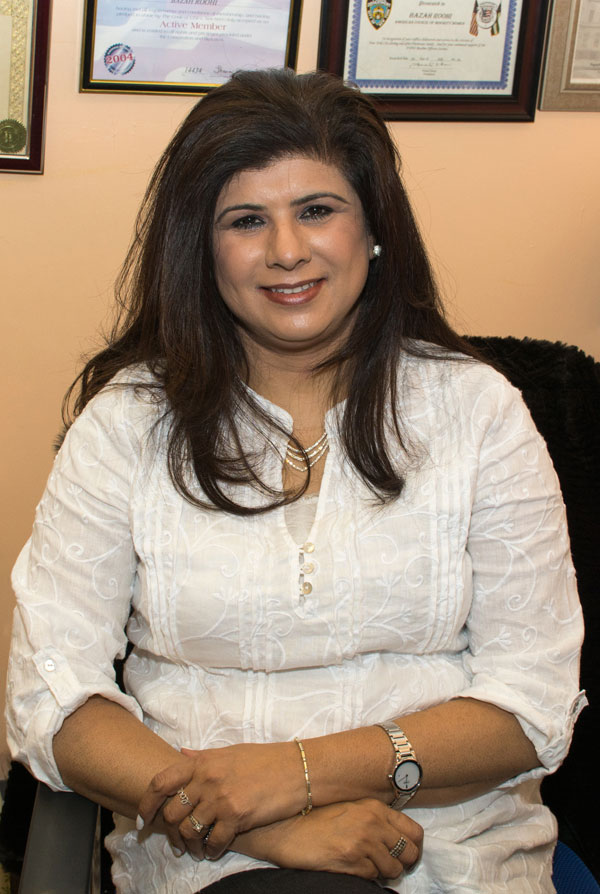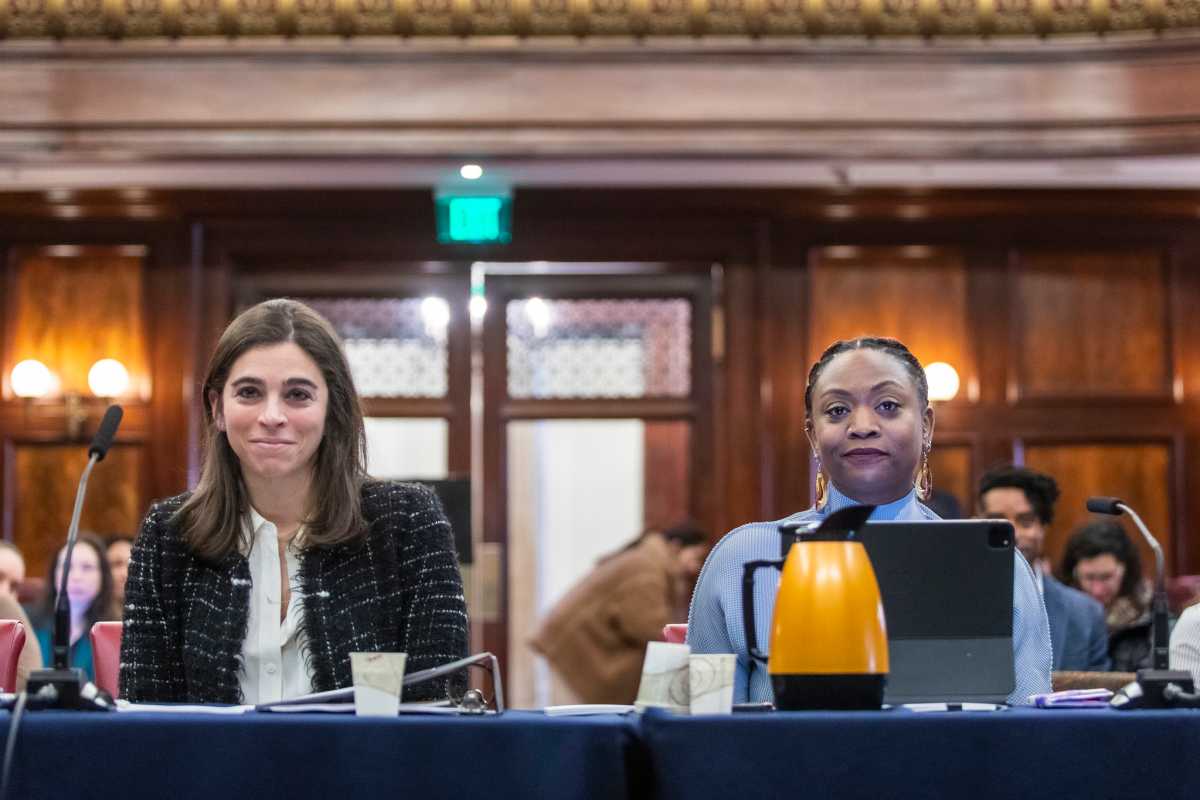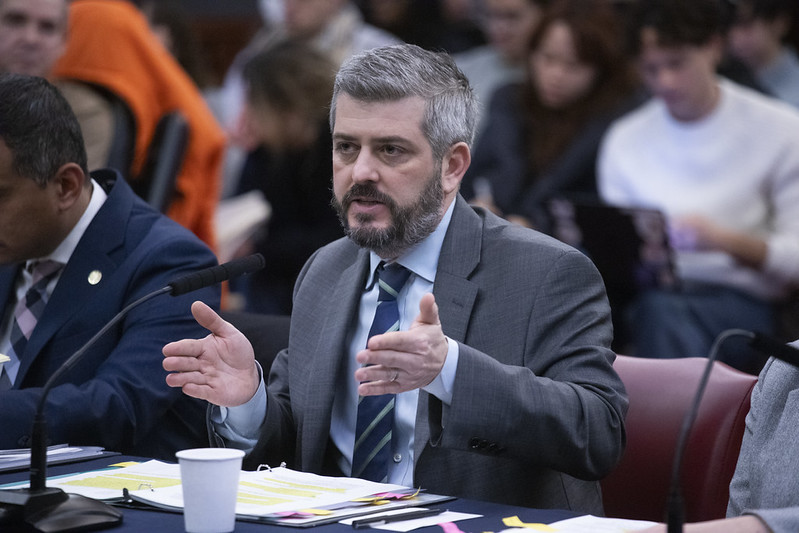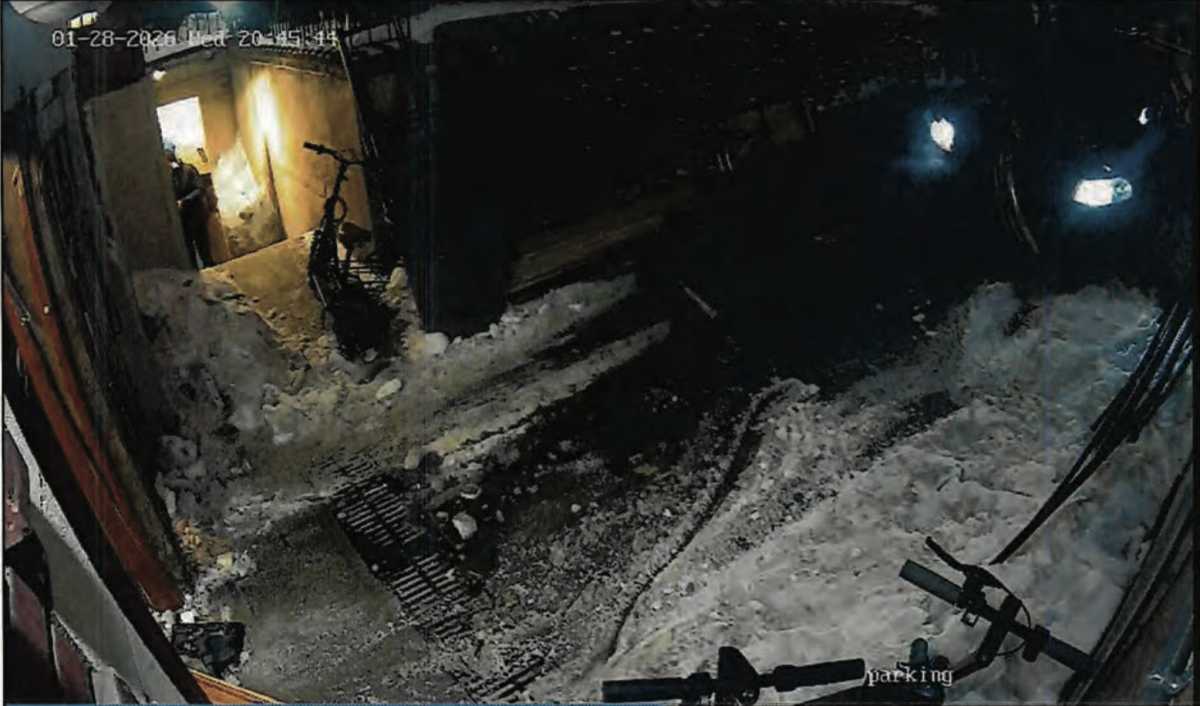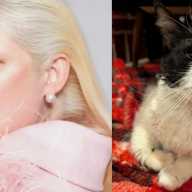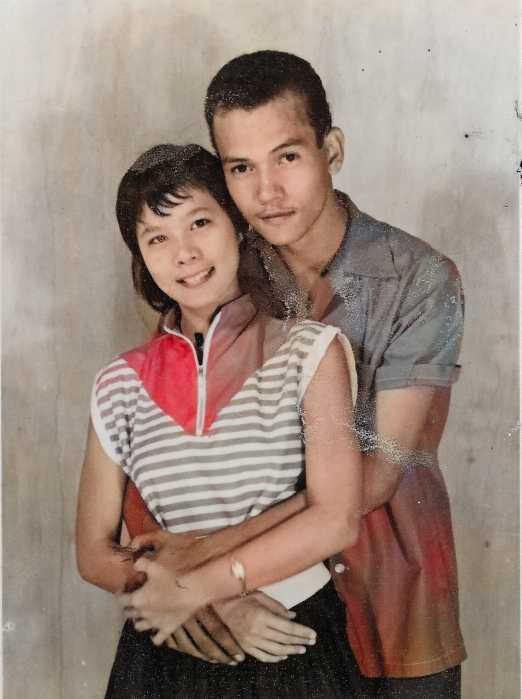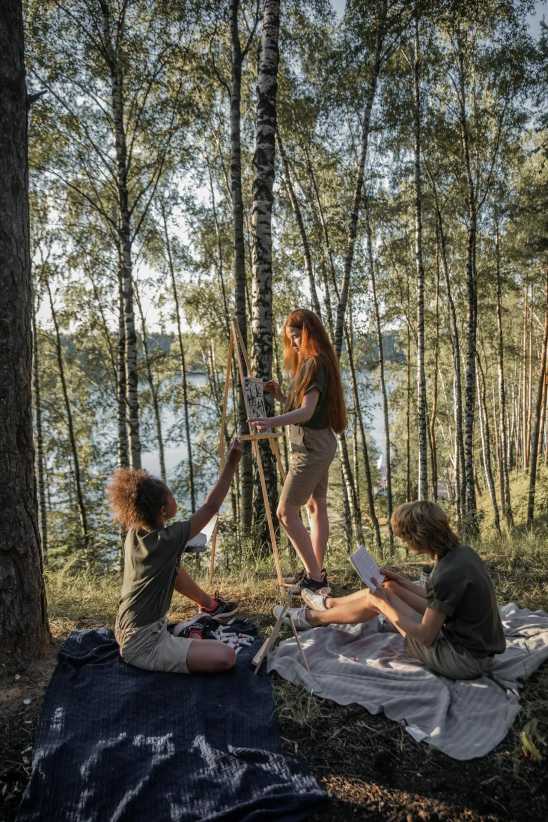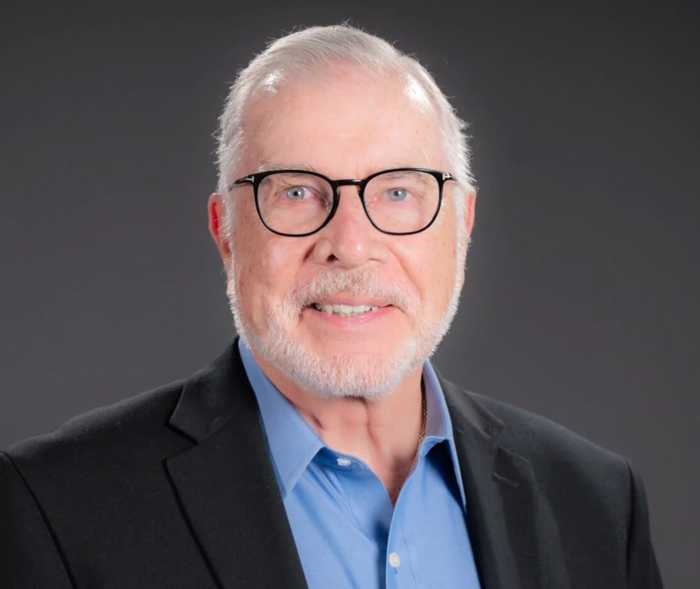Bazah Roohi has an ambitious goal — to stop domestic violence against women and end human rights abuses.
“I am always concerned with the problems faced by women, therefore, I try my best to come up with solutions and resolve their problem,” says the president and founder of the American Council of Minority Women. “Some of the problems women face are due to the culture and traditions, but some are also due to laws that make it harder for women to seek justice.”
Roohi’s organization — the first Pakistani-American organization in the country to focus on human rights abuses in Pakistan — promotes, protects, and develops minority women in the social, legal, educational and economic sectors, but it has broadened its agenda to include all abuses of human rights. Supporters — including Pakistani Americans, other Americans, and Pakistanis in Pakistan and around the world — hope her intervention will help bring social change to Pakistan.
“Serving for humanity is my passion, which keeps me motivated, it makes me keep on coming back to the office day after day,” says the Woman of Distinction.
Roohi, who was born in Pakistan, established the American Council of Minority Women 11 years ago and incorporated it in 2009. Her organization provides formerly illiterate women with a basic education to enable them to stand on their feet and help others. Its adult literacy center in Brooklyn has enabled 26 women to learn to read and write, thus far. These women not only learn English, but also the communication and computer skills that are critical for them in their jobs and everyday life.
Roohi is a friend of the community, says her friend and business partner Farhan Sheikh.
“When I heard that Bazah was nominated as an honoree, I was very happy and excited that someone who is very dear to me was getting a distinction award,” says Sheikh.
Roohi, she adds, is a great social worker, who ran a food pantry — funding it herself — in addition to conducting health symposiums on a regular basis, organizing annual street fairs, and supplying food to a shelter in Brooklyn for 10 straight days after Hurricane Sandy.
“Even on the day when the storm was happening, when everybody was in their homes, Bazah was at the shelter to supply food to the people,” says Sheikh. “She is an amazing woman with so many great skills.”
Roohi’s work is as necessary now as it was when she first started the organization, and her efforts have included developing networks with South Asian and Muslim domestic violence organizations, organizing events for children, and providing relief aid during natural disasters.
Roohi is philosophical about her work.
“What I have done for my fellow sisters is considered to me as a single grain in a bag of rice,” she says. “But to me I feel like I have done something, and I will continue to do it as long as I live, as problems arise everyday.”
Neighborhood: Midwood.
Occupation: President and founder.
Company: American Council of Minority Women.
Claim to Fame: “Working for human rights.”
Favorite Brooklyn Place: Coney Island Avenue.
Woman I admire: “Mother Teresa because she did a lot of work for the sake of humanity.”
Motto: “If you want to love your creator, love His creations.”


